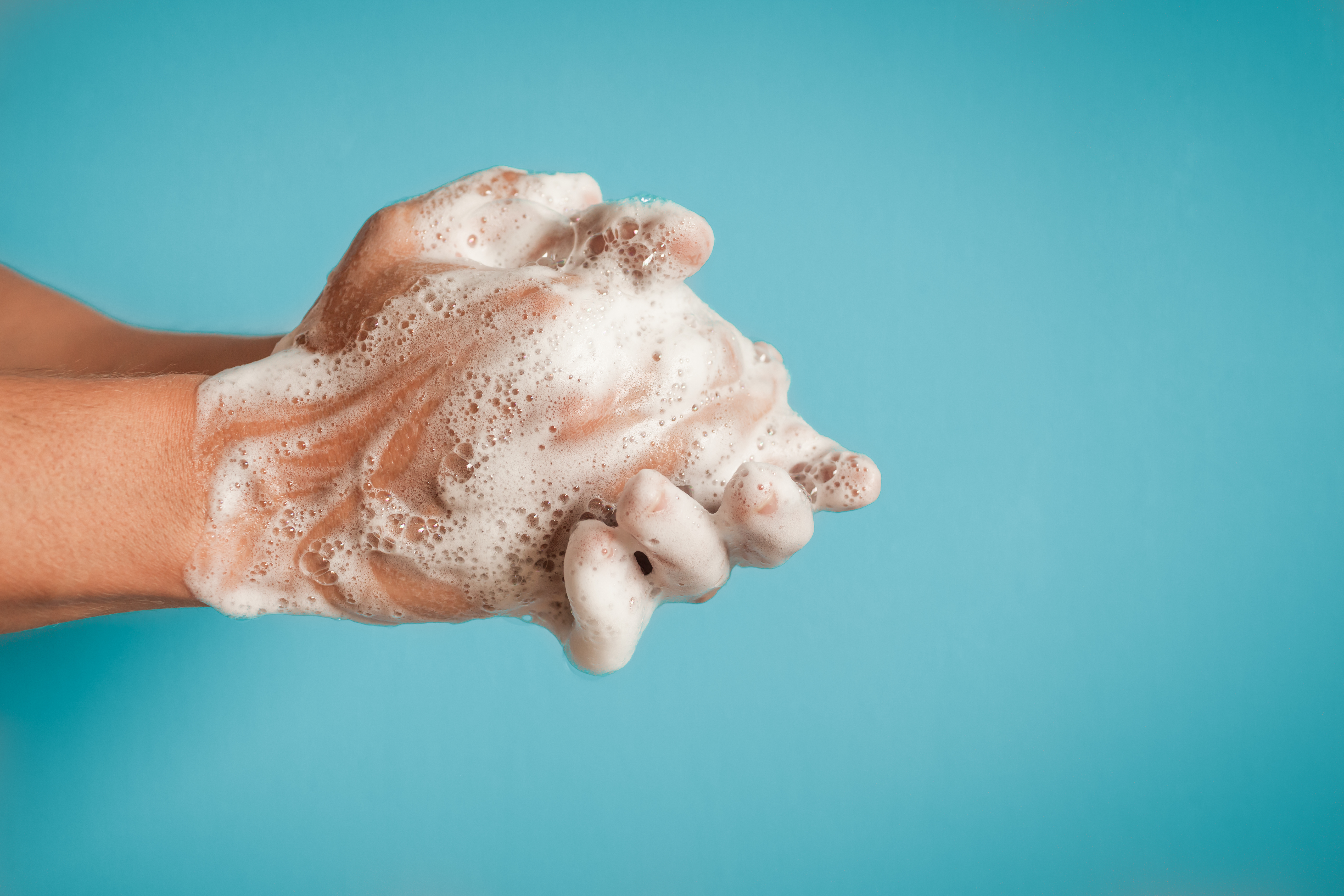In response to the coronavirus crisis, we’re seeing a constant, steady stream of new public health guidelines that are designed to preserve our collective immunity. Some of these recommended habits may already exist in our daily routines, but others, like avoiding contact with our face, can be a challenging adjustment. Global pandemic aside, making changes in our lives is never easy. But understanding the science behind behavior change can arm us with knowledge that makes healthier habits stick, even in these uncertain times.
The first step toward forming successful new habits is to start incredibly small — smaller than you might think, even. At Thrive, we call these Microsteps: small, science-backed actions you can start taking immediately to build habits that significantly improve your life. Our approach aligns with the theories behavioral scientist and Stanford University researcher BJ Fogg outlines in his book, Tiny Habits: The Small Changes That Change Everything. By starting small, he writes, we start a domino effect where “one habit builds to two habits that builds to three habits.” And it inspires our loved ones and peers to build new habits themselves. “By starting small with yourself and your family, you set off a chain reaction that creates an explosion of change,” he writes. And during these trying times, helping the people around us adjust to their new normal and build healthier habits is a powerful gift.
Along with starting small, science tells us that repetition — doing something new very regularly — is key when it comes to building new habits, as detailed in this 2012 research review from University College London, published in British Journal of General Practice. And Fogg encourages us to celebrate our small habit-formation wins, so we spark a positive emotion and a feeling of success in ourselves when we do the habit. “It’s the emotion that your brain connects with the behavior that makes it become automatic, or in other words, a habit,” he told Thrive. Another behavior change tool at our disposal is habit stacking — adding a new habit we’re trying to form on top of an existing one. Research from the Department of Epidemiology and Public Health at University College London shows that leaning on our existing habits creates a helpful and convenient cue for our new habit to form.
As we adjust to the new public health guidelines, here are five Microsteps that leverage behavior science to can make these habits truly stick:
When you’re washing your hands, take the 20 seconds to think of three things you are grateful for. Taking this time to reflect on what you’re grateful for will help you meet C.D.C. guidelines for lowering your risk of viral infection while reinforcing a more positive mindset.
Apply your favorite hand lotion immediately after washing your hands. A favorite moisturizer or scent will keep your hands hydrated and motivate you to stick with your thorough hand-washing habits.
Every time you wipe down a surface, drink a glass of water. It’s a great way to do something for your environment and for your body at the same time.
Ask your colleagues or family members to say “hands!” if they notice you touching your face. Having others hold you accountable will help you build awareness of the triggers that lead to idle face touching — with a bit of humor too.
Wipe down your workstation at the end of the day. Consider this a way to physically wipe away your stresses from the day while keeping viral contaminants at bay.


